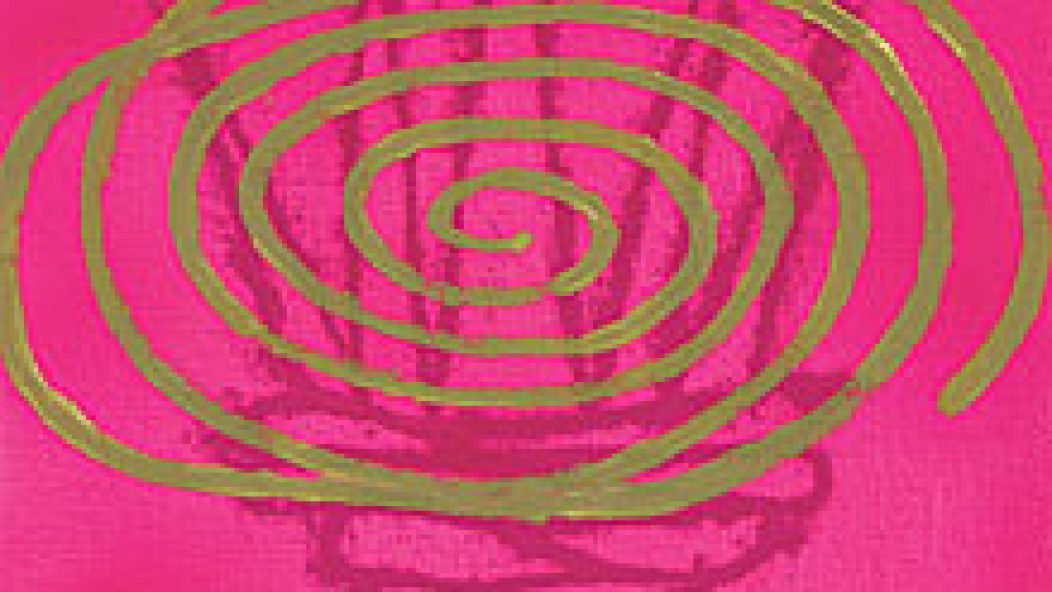
Office Of Future Plans - Office Of Future Plans
Office Of Future Plans
Office Of Future Plans
This review originally ran in AP 281.
Vocalist/guitarist/producer J. Robbins would probably laugh out loud at the notion of having “icon” status in the underground. Though he may not have coined the term “straight edge” or had a problem selling merch at Burning Airlines shows, Robbins has always remained a forward-thinking spirit. His new outfit, Office Of Future Plans, may be the most artistically fulfilling chapter in his post-Jawbox career. The record has it all, from Robbins’ sharp, chiming guitar harmonics and strident vocal style, to his A-team of similarly minded friends. Bassist Brooks Harlan and drummer Darren Zentek offer everything from displays of stamina (“The Beautiful Barricades”) to syncopated algebra (“Ambitious Wrists”), while the Office’s secret weapon—cellist Gordon Withers—delivers both careful arrangements (“Abandon”) and string-scraping texture (“Harden Your Heart”). The tempered pace and sophistication in “You’re Not Alone” trade post-hardcore bluster for an emotional heft that’s no less weighty. The proceedings end with the massive curveball “Riddle Me This,” a cover of a ’40s song written by Yip Harburg (“Over The Rainbow”) couched in a whimsical arrangement that’s warm, fuzzy and opiate. To his credit, Robbins had no interest in photocopying his storied past with Office Of Future Plans. The force of his personal aesthetics—coupled with the assistance of a similarly fearless group of friends—has made for not only for one of the best albums of the year, but has produced evidence proving real artists simply don’t settle, no matter how fast the calendar moves.
IN-STORE SESSION WITH VOCALIST/GUITARIST J. ROBBINS
Did you have an agenda when you started Office Of Future Plans? You have responsibilities regarding your production work and your family life; was it something you absolutely had to do?
I had no agenda. Initially, it was not a band. It was just some songs I put together. After Channels split up, I didn’t allow myself the opportunity to do much musically. My son was hospitalized in October of 2008, and my wife and I were doing shifts at the hospital to make sure someone was always there. I usually took the night shift, and she would take the day shift. I would get home at 8 in the morning and not want to sleep, so instead, I’d go to the studio and work on music. Not only was it therapeutic, I realized how much I missed being a songwriter and doing things in this immersive way.
You’re also coming at it with your expectations managed and grounded in reality.
I’m playing in a band with people whose creativity I respect and who I know on a personal level. I don’t even know what people do anymore when they enter the rat race of the music business, but it’s not on the radar for any of us. The band is its own purpose. I remember when I first moved to Baltimore, seeing Asa Osborne of Lungfish and [they] hadn’t played a show in more than a year. I asked him what happened to Lungfish, and he said, “We just had the best year of our lives.” I said, “Oh yeah, where did you go?” and he told me, “We played in the basement.” It was all about the first principle, the creative engagement of doing the thing—and that stuck with me. I feel very fortunate I know three other people who I like as much as Gordon, Darren and Brooks. I feel very lucky that I know these guys, because when you get to my age, people drop out of music. Fair enough; it doesn’t get easier. The thought of not doing music is saddening. [Making music] makes me happy. That’s my agenda.
As a person who’s been involved in underground music consistently for the past 20 years, how did you avoid the arrested-development mentality of being in a band and getting older?
That aspect is a little bit exhausting, and we come up against it all the time. We’ve been very fortunate where we’ve had some really amazing shows. We opened for the Dismemberment Plan at the 9:30 Club for 1,500 people. There are shows we’ve played where only 20 people came. But there’s a great value to me playing music for my friends, and there’s a great value to me to people who will go listen to their friends. Part of [my] attraction to the whole underground thing is you don’t just receive this thing you’re told to enjoy in the first place; you don’t just buy what Time Warner shoves down your throat, and that’s what you’re supposed to like. You support something homegrown and you get this pollination of things from all over the place. I recognize that a lot of the fundamental things that attracted me when I was 18 are still here at 44. You sort of see all this stuff out there now that purports to identify with [those principles] and wants to be hung on the same hook—and it isn’t that thing at all.
Dischord http://www.dischord.com/







